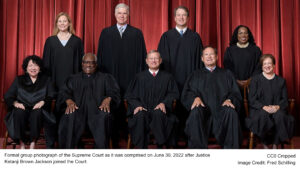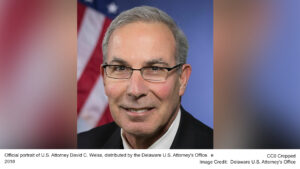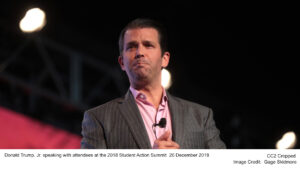Pete Hegseth, nominated by President-elect Donald Trump for the position of Secretary of Defense, recently faced a highly contentious Senate confirmation hearing that underscored the polarized political climate and the intense scrutiny of his qualifications and personal conduct. Amidst a backdrop of protests and divisive debates, Hegseth defended himself against allegations and presented his vision for military leadership.
- Contentious Confirmation Hearing: Pete Hegseth, nominated as Secretary of Defense, faced intense scrutiny over allegations of misconduct and his qualifications during a polarized Senate hearing.
- Allegations and Defense: Hegseth denied claims of sexual misconduct and financial mismanagement, attributing them to political smears while highlighting his military service and vision for reform.
- Key Issues Debated: Senators questioned Hegseth on his views on women in combat, diversity, and inclusion, with some pressing doubts about his ability to lead the Department of Defense effectively.
- Partisan Support and Opposition: While Republican senators largely back Hegseth’s nomination, Democratic members and public protests underscore significant resistance to his appointment.
Hegseth, a former junior officer and Fox News host, has been a controversial figure, with past allegations of sexual misconduct, excessive drinking, and financial mismanagement being central to the Senate’s inquiries. Hegseth has categorically denied these claims, attributing them to a smear campaign intended to derail his nomination. Despite these controversies, his military service and communication skills have been lauded by some supporters who see him as a potential catalyst for change within the Pentagon.
The Secretary of Defense oversees the largest employer in the world, the U.S. Department of Defense, which manages a $750 billion budget and 2.9 million active-duty and civilian personnel. Leadership in this role requires extensive experience in military strategy, government operations, and crisis management, making Hegseth’s limited background a focal point of criticism.
The hearing, presided over by Senate Armed Services Committee Chairman Roger Wicker, was frequently interrupted by protesters, some donning military fatigues, who expressed strong opposition to Hegseth’s nomination and his support for certain military policies. These demonstrators were removed by Capitol Police, illustrating the broader public discontent and the high stakes involved in this appointment for Trump’s administration.
Key issues during the hearing included Hegseth’s views on women in combat roles and his commitment to diversity and inclusion within the military. Senators, such as Kirsten Gillibrand and Mazie Hirono, pressed Hegseth on these topics, emphasizing the necessity of fostering a military environment that champions equal opportunities for all servicemembers. Hegseth attempted to clarify his earlier statements and assured the committee of his dedication to upholding military readiness and standards.
Critics, notably Sen. Jack Reed, have questioned Hegseth’s qualifications, pointing to his lack of senior military or government leadership experience and the unresolved allegations against him. Reed argued that these factors cast doubt on Hegseth’s capability to manage the expansive and complex Department of Defense. Despite these reservations, Hegseth’s nomination enjoys significant support from Republican senators, with figures like Sen. Tom Cotton backing him based on his military service and potential to address geopolitical conflicts.
Sen. Joni Ernst, a pivotal Republican voice, posed questions concerning issues such as sexual assault response and clean audits, indicating her cautious support that hinges on Hegseth’s handling of these concerns. Ernst’s involvement reflects the broader Republican inclination to support Hegseth despite the controversies.
As the confirmation process progresses, the Senate Armed Services Committee is set to vote on Hegseth’s nomination. With Republicans holding a Senate majority, his confirmation appears likely, yet the process has starkly highlighted the contentious nature of his candidacy and the deep divisions it has exposed within the political landscape.







Be First to Comment